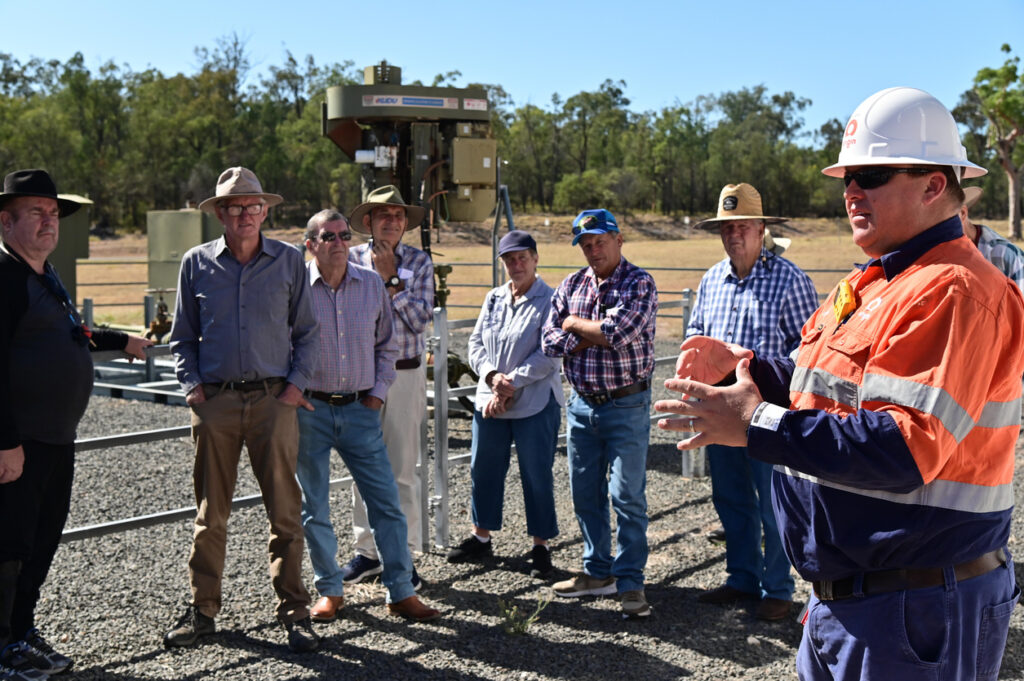
Landholders – What to do when Coal Seam Gas and Renewable Energy Companies come knocking.
Rural land is often well-suited for both petroleum activities and renewable energy projects. Landowners will often agree to both types of companies developing their separate projects on the same land. The law does not currently require any coordination of those projects, creating potential problems for landowners.
Queensland’s Mineral and Energy Resources (Common Provisions) Act 2014 requires landholders to negotiate access with petroleum companies who want to extract coal seam gas (CSG) on their land.
Meanwhile, the State’s substantial investment in renewables and construction of transmission lines mean companies will continue to offer landowners lucrative terms for access agreements and lease agreements to host solar farm, wind farm and battery storage system infrastructure.
Given this strong possibility of petroleum and renewable energy companies wanting access to the same land, it is surprising that there is no requirement under Queensland law for those companies to coordinate their activities. It is a literal match and flame: CSG companies move large amounts of combustible gas from the ground, while renewable energy companies store or move large amounts of electricity across the land.
Their failure to coordinate can have a number of impacts on landowners:
• Landowners can be in breach of their agreements (e.g. interference to activities caused by third parties)
• Safety issues can arise on land (e.g. construction, contamination events, combustion of gas)
• Landowners can get in trouble under renewable DA approval conditions because of the activities of petroleum companies (e.g. unauthorised vegetation clearing)
• Biosecurity problems
Managing these relationships is complicated. However, there is much a landholder can do when negotiating with either CSG companies or renewable energy proponents to protect their interests, especially when negotiating access.
Legislation requiring coordination between different energy companies is likely far off. As a result, it is important you seek guidance from a legal team that is highly experienced in dealing with both CSG and renewable projects, to identify and minimise major risks to you early.
This information provides advice of a general nature only and should not be relied upon as legal advice.
© May 2025.